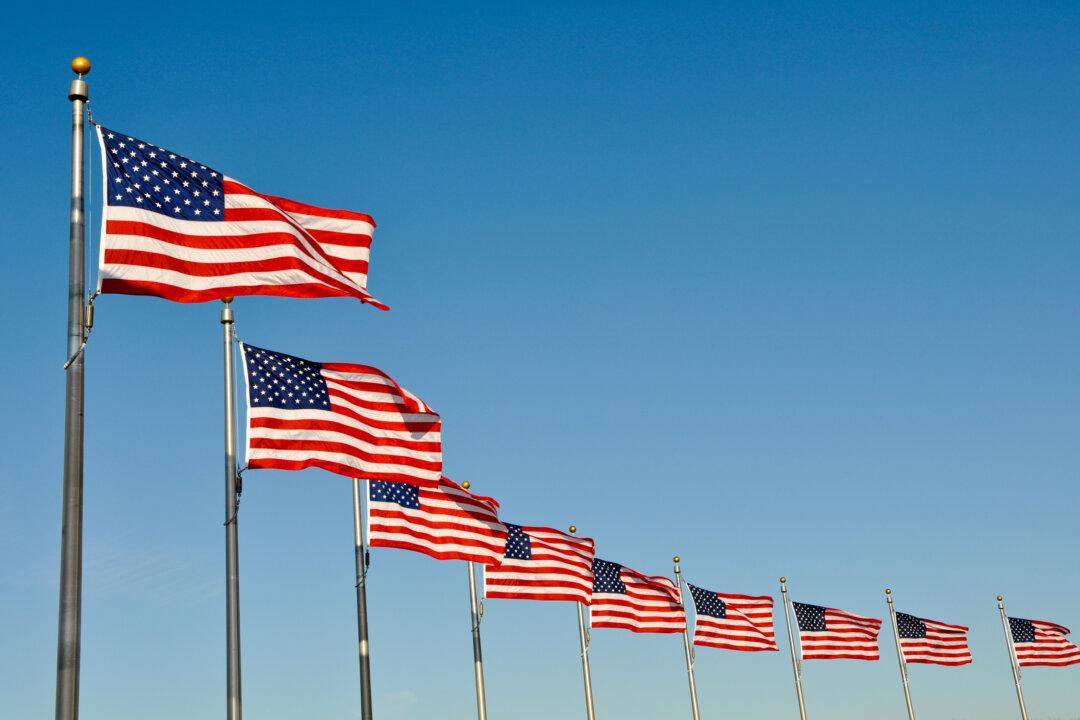As a 16-year-old boy living in Czechoslovakia under communism, my father found himself sitting with his dad at a table in an austere government office. On the other side sat two indifferent government employees who were tasked with the job of deciding his future. Even at 16, the idea that people he had never met would determine the course of the rest of his life seemed absurd. Shortly, the decision was handed down: After high school, my dad would spend the rest of his years toiling in the coal mines.
My grandfather appealed to them to reconsider and permit him to attend school instead, but his pleas were immediately dismissed. Labeled as dissidents because they refused to give up their Christian faith and officially join the Communist Party, my father’s family members had no hope of being awarded a coveted seat at a university or trade school. The adults in his family had already lost their jobs in banking and church leadership and were banished to spend their lives doing backbreaking manual labor. Some were even jailed because they refused to give up their guns to the soldiers who came to disarm the citizens. Forced to transfer ownership of their homes to the state, they were left with nothing.

